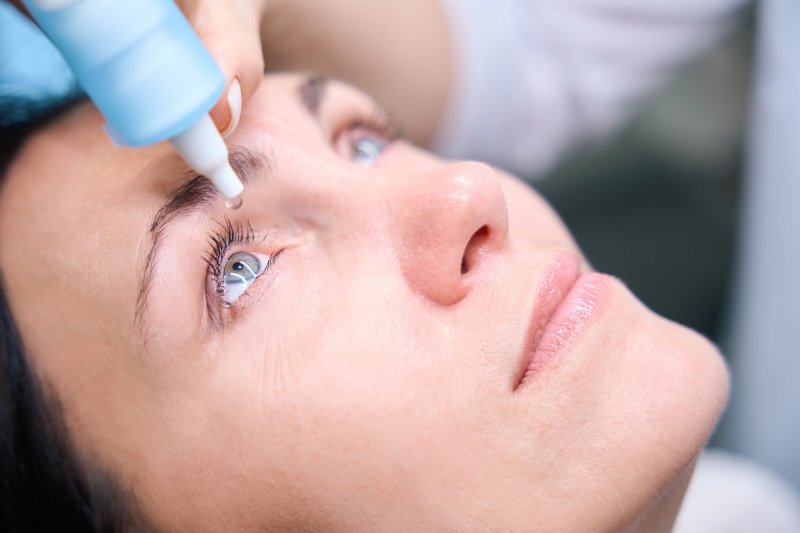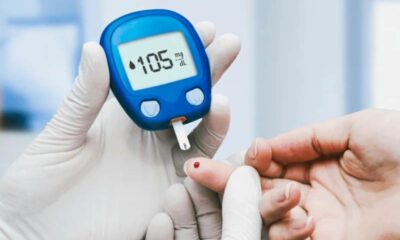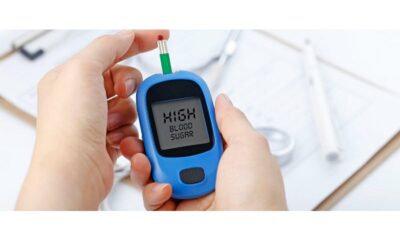Diabetes is a chronic condition that affects millions of people worldwide. While much attention is often given to managing blood sugar levels, diet, and exercise, one critical aspect of diabetes management that should not be overlooked is eye health. Regular eye check-ups are essential for diabetics as they play a crucial role in preventing and detecting vision-threatening conditions early. This article delves into why regular eye exams are vital for those living with diabetes.
How Diabetes Affects Eye Health
Diabetes can lead to several serious eye conditions that, if left untreated, can result in significant vision loss or even blindness. Some of the most common diabetic eye conditions include:
- Diabetic Retinopathy: This condition occurs when high blood sugar levels cause damage to the blood vessels in the retina, the light-sensitive tissue at the back of the eye. Over time, these damaged vessels can leak, swell, or close off, leading to vision problems. In its advanced stages, diabetic retinopathy can cause blindness.
- Diabetic Macular Edema (DME): DME is a consequence of diabetic retinopathy and occurs when fluid leaks into the macula, the part of the retina responsible for sharp, central vision. This leakage causes the macula to swell, leading to blurred or distorted vision.
- Cataracts: People with diabetes are more likely to develop cataracts at a younger age than those without the condition. Cataracts cause the lens of the eye to become cloudy, resulting in blurry vision and difficulty seeing at night.
- Glaucoma: Diabetes doubles the risk of developing glaucoma, a group of eye conditions that damage the optic nerve. This damage is often caused by abnormally high pressure in the eye and can lead to gradual vision loss.
The Role of Regular Eye Check-Ups
Regular eye exams are crucial for detecting and managing these conditions before they progress to more serious stages. Here’s why consistent check-ups are so important:
1. Early Detection Saves Vision
Many diabetic eye conditions, such as diabetic retinopathy and glaucoma, develop slowly and may not show symptoms in the early stages. Regular eye exams allow eye care professionals to detect these conditions before noticeable vision loss occurs. Early detection often means that treatment can be started sooner, reducing the risk of severe complications.
2. Monitoring Eye Health
Even if you’re not experiencing any vision problems, regular check-ups are essential for monitoring the health of your eyes. Diabetes can cause gradual changes that may not be immediately noticeable. By tracking these changes over time, your eye doctor can recommend appropriate interventions to protect your vision.
3. Preventive Measures
During an eye exam, your doctor can provide advice on how to manage your diabetes to minimize its impact on your eyes. This may include controlling blood sugar levels, managing blood pressure, and making lifestyle adjustments. These preventive measures can help slow the progression of diabetic eye conditions and preserve your vision.
4. Customized Treatment Plans
If a diabetic eye condition is detected, your eye doctor can create a personalized treatment plan tailored to your specific needs. This may involve more frequent monitoring, medications, or even surgical interventions, depending on the severity of the condition. Regular check-ups ensure that your treatment plan is up-to-date and effective.
What to Expect During an Eye Check-Up
A comprehensive eye exam for diabetics typically includes several components:
- Visual Acuity Test: This test measures how well you can see at various distances.
- Dilated Eye Exam: Your doctor will use special drops to dilate your pupils, allowing them to examine the retina and optic nerve for signs of damage or disease.
- Tonometry: This test measures the pressure inside your eyes, which is important for detecting glaucoma.
- Optical Coherence Tomography (OCT): This imaging test provides detailed images of the retina, allowing your doctor to detect any swelling, fluid buildup, or other abnormalities.
How Often Should Diabetics Get an Eye Check-Up?
The frequency of eye exams may vary depending on individual circumstances, but general guidelines suggest:
- Type 1 Diabetes: Individuals with type 1 diabetes should have a comprehensive eye exam within five years of their diagnosis, and then annually thereafter.
- Type 2 Diabetes: Those with type 2 diabetes should have an eye exam shortly after diagnosis, and then annually.
- Pregnant Women with Diabetes: Pregnant women with diabetes should have an eye exam before conception or during the first trimester, and then follow-up exams throughout the pregnancy.
Conclusion
For those living with diabetes, regular eye check-ups are not just a recommendation—they are a necessity. These exams are critical in detecting eye conditions early, monitoring eye health, and taking preventive measures to protect your vision. By prioritizing regular eye exams as part of your diabetes management plan, you can reduce the risk of vision loss and maintain healthy eyes for years to come.

 Diabetology2 weeks ago
Diabetology2 weeks ago
 Diabetology1 week ago
Diabetology1 week ago
 Diabetology3 days ago
Diabetology3 days ago
 Diabetology3 days ago
Diabetology3 days ago
 Diabetology3 days ago
Diabetology3 days ago
 Diabetology1 day ago
Diabetology1 day ago













